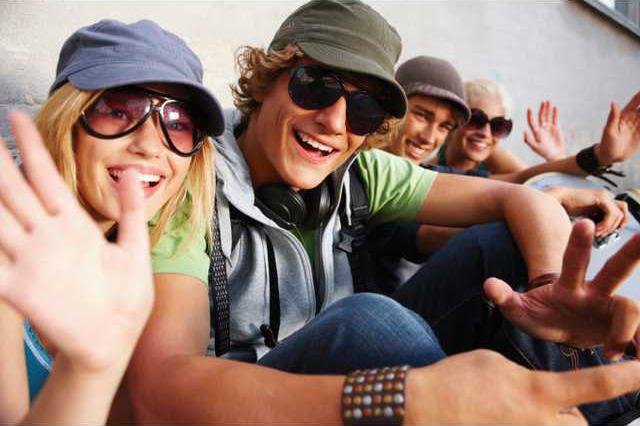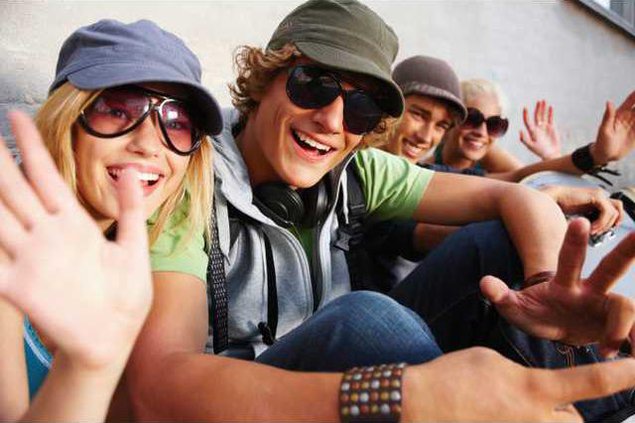Socially precocious youths who are popular and ahead of their peers don't seem to fare as well after the final school bell rings, according to research from the University of Virginia.
The study, published in the journal Child Development, found that "teens who tried to act cool in early adolescence were more likely than their peers who didn't act cool to experience a range of problems in early adulthood."
The researchers tracked 184 teens with diverse backgrounds beginning at age 13, when they were in seventh and eighth grades, gathering information from the teens, their parents and their peers.
"By 22, those once-cool teens were rated by their peers as being less competent in managing social relationships. They were also more likely to have had significant problems with alcohol and drugs, and to have engaged in criminal activities," according to a report on the study by Science Daily.
"It appears that while so-called cool teens' behavior might have been linked to early popularity, over time, these teens needed more and more extreme behaviors to try to appear cool, at least to a subgroup of other teens," the lead researcher, Joseph P. Allen, professor of psychology at the University of Virginia, said in a written statement. "So they became involved in more serious criminal behavior and alcohol and drug use as adolescence progressed. These previously cool teens appeared less competent — socially and otherwise — than their less cool peers by the time they reached young adulthood."
The New York Times captured the findings this way: "It was their early rush into what Dr. Allen calls pseudomature behavior that set them up for trouble. Now in their early 20s, many of them have had difficulties with intimate relationships, alcohol and marijuana, and even criminal activity. 'They are doing more extreme things to try to act cool, bragging about drinking three six-packs on a Saturday night, and their peers are thinking, 'These kids are not socially competent,’ ” Allen told the Times. “They’re still living in their middle-school world.”
It said the behavior that provided social gain in school doesn't hold up in later years. In fact, "just the opposite happened," a Business Insider article on the study said.
So-called popular kids have always been a topic of discussion and study. The Deseret News National reported in July about research showing kids who are on top in high school probably don't work as hard to develop solid relationships. It also noted the tendency to view those high school years through a lens that softens their sharp edges over time.
The Times recounted a study subject's somewhat typical trajectory, based on the research. "At 14, the boy was popular. He had numerous relationships, kissed more than six girls, flung himself into minor forms of trouble, and surrounded himself with good-looking friends.
"By 22, he was a high-school dropout, had many problems associated with drinking, including work absenteeism and arrests for drunken driving. He is unemployed and still prone to minor thefts and vandalism."
Times writer Jan Hoffman said Allen's "emphasized pseudomaturity suggests a predilection; it is not a firm predictor. A teenage girl from the study initially had a similar profile, with many boyfriends at an early age, attractive friends and a fondness for shoplifting." At 23, she'd gotten serious, earned a bachelor's degree and had a good job.
Email: lois@deseretnews.com, Twitter: Loisco
'Cool' kids may not turn out so hot, study shows





